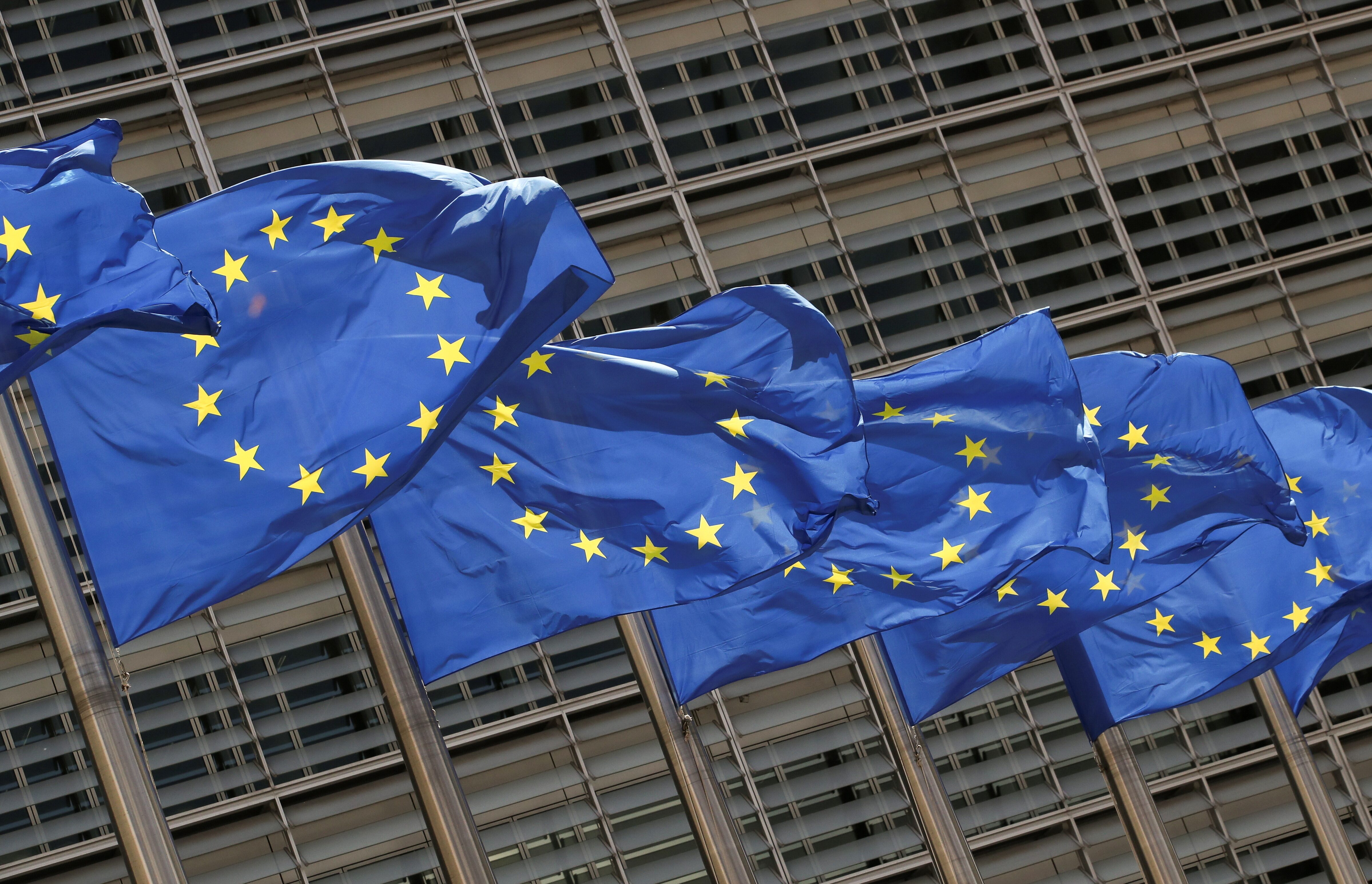The looming threat of a staggering 30% tariff from President Trump starting August 1 has sent shockwaves through European economies, raising alarms about the potential fallout on marginalized communities and environmental policies across the continent. This aggressive maneuver not only threatens to escalate tensions in transatlantic trade relations but also poses serious risks for social justice and climate accountability in a world already grappling with pressing ecological crises.
Tariff Threats Intensify Economic Strain
As reported by Reuters, Trump"s announcement came swiftly after weeks of negotiations that have failed to satisfy the U.S. administration"s demands for better trade deals. White House adviser Kevin Hassett emphasized that the tariffs are "real" without significant concessions from trading partners. This hardline stance could derail efforts to negotiate fairer trade agreements, leaving industries vulnerable and workers at risk.
Impacts on the European Export Industry
Germany"s Chancellor Friedrich Merz articulated his concerns regarding how a 30% tariff would cripple the German export sector, potentially halting large parts of economic policy efforts. The European Union, as the largest trading partner for the United States, faces severe disruptions that could lead to widespread job losses and economic instability. France"s President Macron echoed the need for a united response, indicating that tougher retaliatory measures may be necessary to protect European interests.
Environmental Justice at Risk
The implications of this tariff threat extend beyond economic parameters. The European Union has been at the forefront of advocating for sustainable practices and climate action. As reported by Congress.gov, the EU"s regulatory framework has been pivotal in pushing for environmental accountability. However, if tariffs lead to economic hardship, there is a real risk that governments could prioritize immediate economic recovery over long-term environmental goals, jeopardizing initiatives designed to combat climate change and promote sustainability.
\n\n
EU bets on energy savings, greener buildings to meet climate ...
Vulnerable Communities Will Bear the Brunt
Trade wars often hit the most vulnerable communities hardest. Small farmers, low-wage workers, and marginalized populations who depend on robust trade for their livelihoods could be disproportionately affected by rising costs and dwindling job opportunities. The dairy industry in France has already expressed alarm over the potential consequences of such tariffs, highlighting that nearly half of its produce is exported to the U.S. The economic strain could force these producers to cut corners, potentially undermining environmental standards.
The Risk of Retaliation and Escalation
Despite the EU"s current strategy to extend its suspension of countermeasures, the window for negotiation is closing rapidly. EU Commission President Ursula von der Leyen has stated that while they prefer a negotiated solution, the bloc is prepared to implement retaliatory measures if necessary. This two-track approach leaves room for escalation in trade tensions, which could result in a tit-for-tat scenario that exacerbates economic instability across Europe.
Climate Action and Trade Policy Must Align
As transatlantic relations grow more strained, the need for a cohesive approach to trade and environmental policy becomes ever more pressing. The EU must navigate this precarious landscape by advocating for trade agreements that embed environmental protections at their core. The Anti-Coercion Instrument, as mentioned by von der Leyen, remains a potential tool, though it is not yet activated. It could be essential in balancing economic pressures while upholding crucial climate commitments.
The intersection of trade policy and climate action is not merely an economic issue; it is a matter of social justice. The voices of those affected by potential job losses and economic hardships must be amplified in the ongoing negotiations. As the world faces unprecedented climate challenges, the outcomes of these trade discussions will have ripple effects on sustainability initiatives and the ability to combat climate change effectively.

National Economic Council Director Kevin Hassett declines a reporter"s ...



![[Video] Gunfire between Iraqi security forces and Sadr militias in Baghdad](/_next/image?url=%2Fapi%2Fimage%2Fthumbnails%2Fthumbnail-1768343508874-4redb-thumbnail.jpg&w=3840&q=75)
